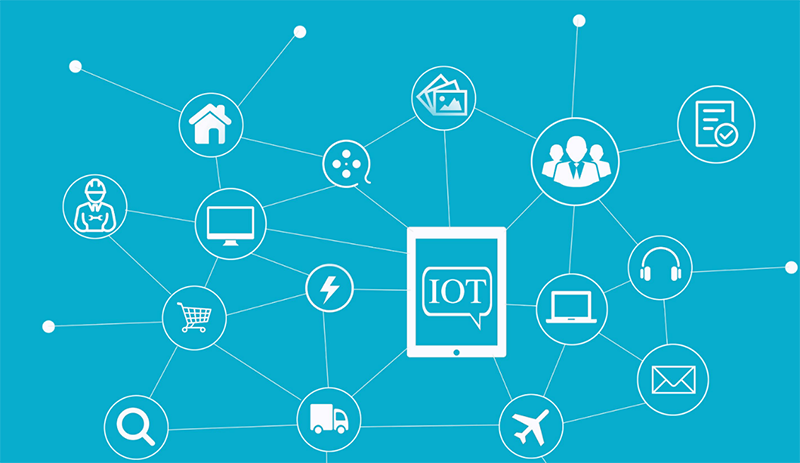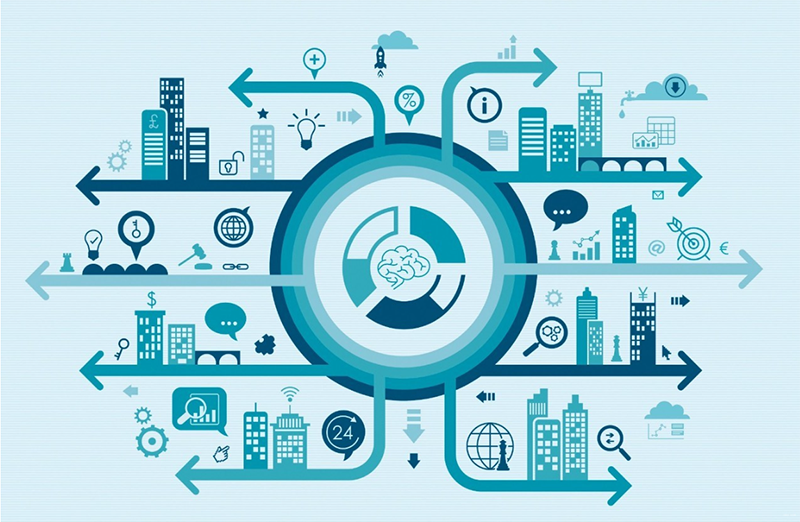The Internet of Things (IoT) is revolutionizing numerous industries, and healthcare is no exception. By connecting devices, systems, and services, IoT creates an integrated network that enhances the efficiency, accuracy, and effectiveness of medical care. In hospital systems, the impact of IoT is particularly profound, offering innovative solutions that improve patient outcomes and streamline operations.

Transforming Patient Monitoring and Care
One of the most significant ways IoT is transforming healthcare is through advanced patient monitoring. Wearable devices, such as smartwatches and fitness trackers, collect real-time health data, including heart rate, blood pressure, and oxygen levels. This data is transmitted to healthcare providers, allowing for continuous monitoring and timely intervention when necessary. These devices not only improve patient outcomes but also reduce the need for frequent hospital visits, making healthcare more convenient for patients and more efficient for providers.
Enhancing Security with Smart Systems
Hospitals and healthcare facilities must prioritize security to protect sensitive patient information and ensure a safe environment for both patients and staff. IoT-enabled security alarm systems play a crucial role in this regard. These systems integrate various smart home security systems, such as wireless security alarms and home security smart home devices, to create a comprehensive security network.
For instance, smart cameras and sensors can monitor hospital premises 24/7, sending alerts to security personnel in case of any suspicious activity. Additionally, IoT devices can control access to restricted areas, ensuring that only authorized personnel can enter. This level of security not only safeguards patient data but also enhances the overall safety of the hospital environment.
Streamlining Hospital Operations
IoT technology is also instrumental in streamlining hospital operations. Smart devices can manage everything from inventory to patient flow, reducing administrative burdens and increasing efficiency. For example, IoT-enabled asset tracking systems monitor the location and status of medical equipment in real-time, ensuring that essential tools are always available when needed.
Moreover, IoT can optimize energy usage within hospital facilities. Smart HVAC systems adjust heating and cooling based on occupancy and usage patterns, reducing energy consumption and lowering costs. This efficient use of resources allows hospitals to allocate more funds towards patient care and other critical areas.
Improving Communication and Coordination
Effective communication and coordination are vital in a hospital setting. IoT facilitates seamless communication between medical staff, patients, and devices, ensuring that everyone is on the same page. For instance, smart home security systems integrated with hospital networks can provide real-time updates on patient conditions, enabling quicker decision-making and more coordinated care.
Wireless communication devices, such as pagers and call buttons, are another example of IoT applications in healthcare. These devices allow patients to easily alert nurses and caregivers when they need assistance, enhancing the quality of care and patient satisfaction. LIREN Healthcare offers a range of such products, including wireless security alarm systems and pressure sensor pads, which can be explored here.

Enhancing Patient Experience
IoT not only benefits healthcare providers but also significantly enhances the patient experience. Smart hospital rooms equipped with IoT devices can adjust lighting, temperature, and entertainment options based on patient preferences, creating a more comfortable and personalized environment. Additionally, IoT-enabled health monitoring systems provide patients with more control over their own health, empowering them to make informed decisions and take proactive steps towards wellness.
Ensuring Data Security and Privacy
With the increasing adoption of IoT in healthcare, data security and privacy have become critical concerns. IoT devices must comply with stringent security protocols to protect patient information from cyber threats. Advanced encryption and secure communication channels are essential to safeguard data integrity and confidentiality.
Summary
The integration of IoT in modern healthcare is transforming hospital systems, enhancing patient care, and improving operational efficiency. From advanced patient monitoring to smart security systems, IoT offers numerous benefits that are reshaping the healthcare landscape. As technology continues to evolve, the potential for IoT in healthcare will only expand, leading to even more innovative solutions and better health outcomes for patients.
For more information on how IoT-enabled products can enhance your healthcare facility, visit LIREN's product page.
LIREN is actively seeking distributors to collaborate with in key markets. Interested parties are encouraged to contact via customerservice@lirenltd.com for more details.
Post time: Aug-06-2024







